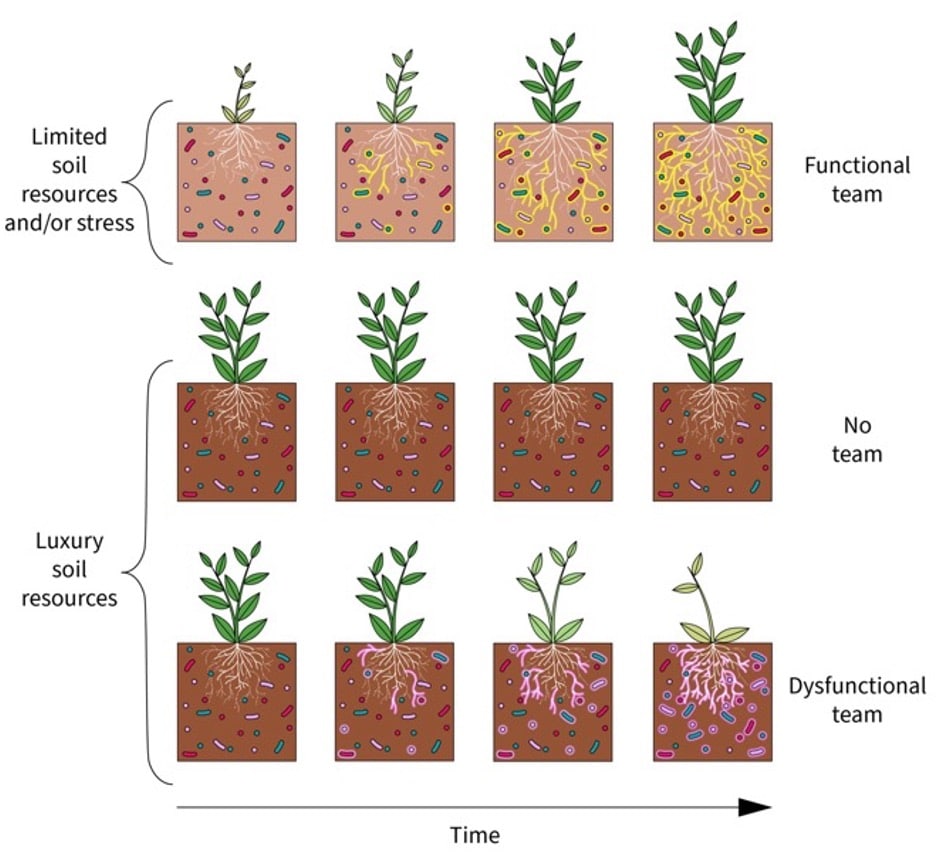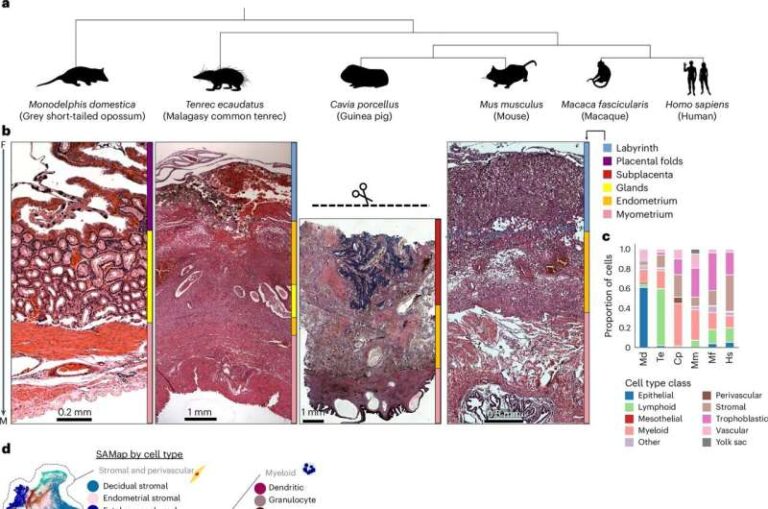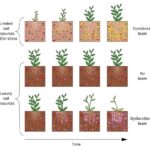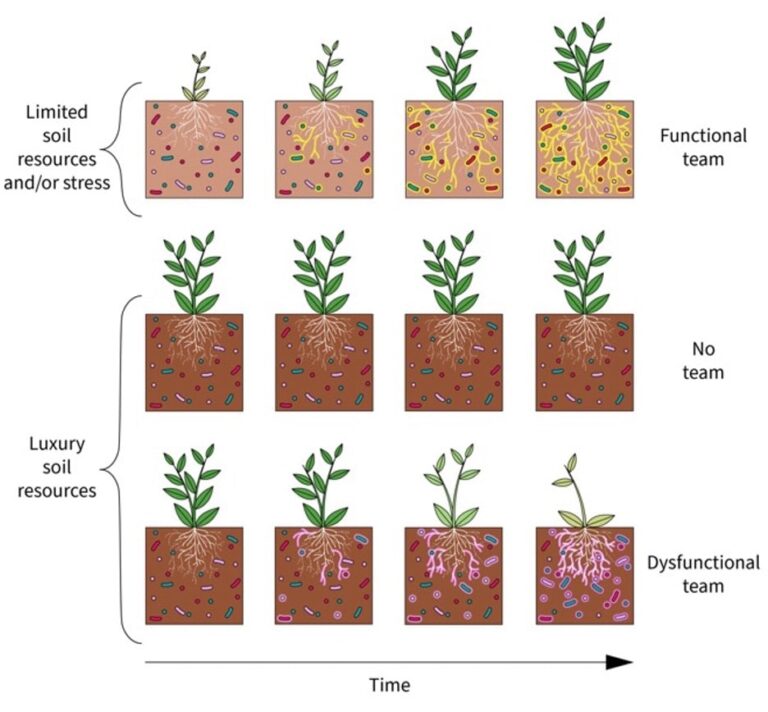New research from Northern Arizona University reveals that plants possess the ability to “curate” their microbiomes, selecting beneficial microbes while suppressing harmful ones, to adapt to challenging environments. This discovery, detailed in a recent publication in The ISME Journal, has profound implications for sustainable agriculture and offers insights into ecosystem adaptability amidst environmental changes.
The study, authored by Regents’ Professor Nancy Collins Johnson from NAU’s School of Earth and Sustainability and Professor César Marín from Universidad Santo Tomás in Chile, introduces the concept of Functional Team Selection (FTS). This theory suggests that plants and their microbiomes operate as complex, interactive systems, capable of evolving to support plant growth in adverse conditions.
Understanding Functional Team Selection
At its core, Functional Team Selection envisions plants and their associated microbiomes as diverse communities of fungi, bacteria, viruses, and other microorganisms. These communities are crucial for nutrient acquisition, water uptake, and protection against stress and disease. Despite efforts to replicate these communities commercially, results often fall short of expectations. FTS provides a framework for understanding why these attempts may fail.
According to Johnson, “Functional teams are unlikely to evolve in benign environments with no stress and ample resources because they lack the selection pressure required to curate the microbiome’s composition.” This selection pressure is essential for fostering beneficial plant-microbe interactions, particularly in resource-limited settings.
Implications for Sustainable Agriculture
The implications of FTS extend to sustainable agriculture, where understanding plant-microbiome interactions could revolutionize crop management practices. By fostering environments that encourage beneficial microbial partnerships, agricultural systems can become more resilient to environmental stressors.
“Evidence for FTS can be seen in studies showing that fertilization of natural vegetation often reduces mycorrhizal benefits by removing the essential selection pressure,” Johnson notes.
This insight challenges traditional agricultural practices that rely heavily on fertilizers, suggesting a shift towards practices that support natural microbial selection could enhance plant health and yield.
Broader Applications and Future Research
While FTS was initially developed to understand plant-microbiome dynamics, its principles may be applicable to a wide range of microbiomes, including those critical to human health. The framework is grounded in ecological and evolutionary theories, such as the newly proposed Law of Increasing Functional Information, which elucidates the roles of function and selection in system evolution.
Looking ahead, researchers aim to explore how FTS can be applied to manage microbiomes beyond agriculture, potentially influencing fields like medicine and environmental science. This could lead to innovative strategies for harnessing microbiomes to improve human health and ecological resilience.
The announcement of this research underscores the importance of interdisciplinary approaches in addressing global challenges. As ecosystems face increasing pressures from climate change and human activity, understanding and leveraging natural processes like FTS could prove vital in developing sustainable solutions.
In conclusion, the discovery of plants’ ability to curate their microbiomes through Functional Team Selection offers a promising avenue for enhancing agricultural sustainability and understanding ecosystem resilience. As research progresses, the potential applications of this theory may extend far beyond the plant kingdom, influencing a diverse array of scientific and practical fields.





















